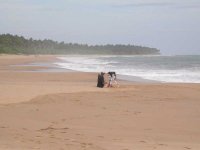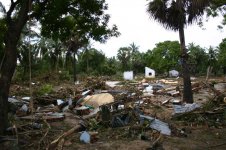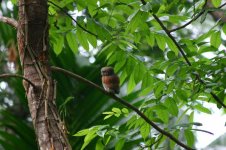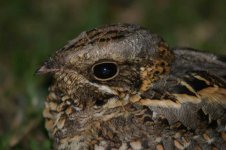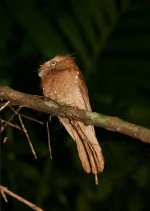
The report of a new earthquake reminded me that I meant to ask this question before.
Does anyone know how the wildlife fared following the Boxing Day tsunami?
D
Does anyone know how the wildlife fared following the Boxing Day tsunami?
D





